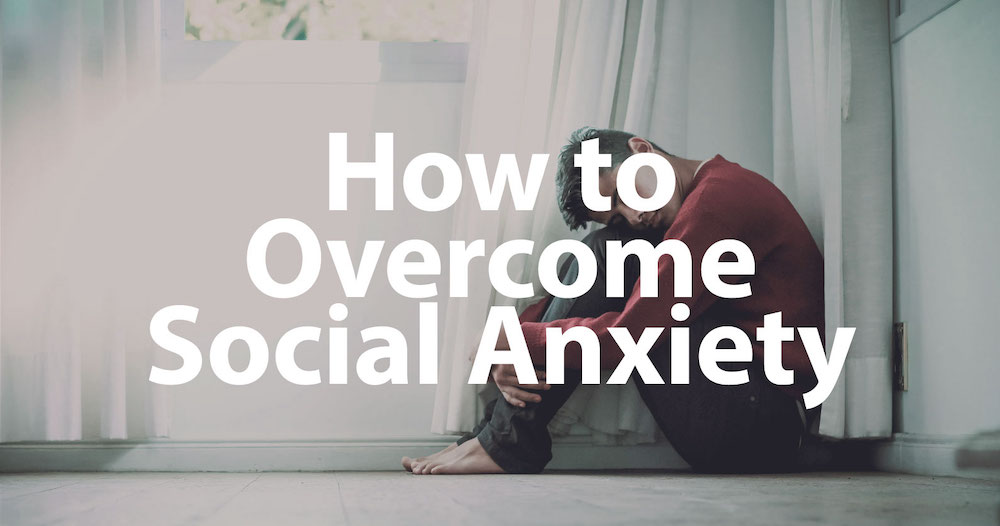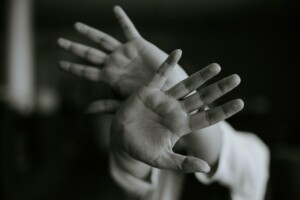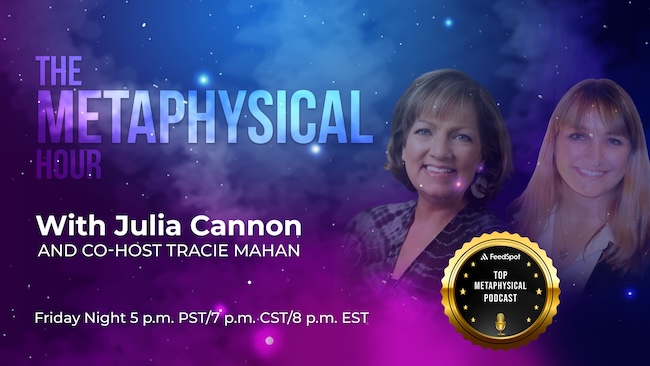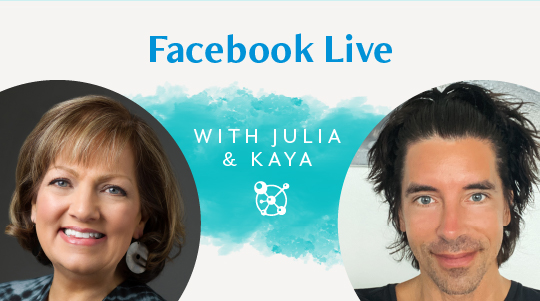
Social anxiety and social anxiety disorders affect so many of us to the point where being in most social situations, we struggle to cope. Our mental health is deteriorating as a collective due to many outside factors, Coronavirus being one of them. There is no reason why struggling with a social anxiety disorder needs to be anything more than a short-term situation. Once we learn how to overcome our social anxiety problems, albeit, with a mental health professional, support groups, or on our own, we can move forward and be ourselves again! In this article, we discuss various signs and symptoms that you may be experiencing a social anxiety type disorder, and what to do about it.
What is social anxiety or social phobia?
 Social anxiety definition according to the APA Dictionary of Psychology:
Social anxiety definition according to the APA Dictionary of Psychology:
“fear of social situations in which embarrassment may occur (e.g., making conversation, meeting strangers, dating) or there is a risk of being negatively evaluated by others (e.g., seen as stupid, weak, or anxious). Social anxiety involves apprehensiveness about one’s social status, role, and behavior. When the anxiety causes individual significant distress or impairment in functioning, a diagnosis of social phobia may be warranted.”
There is being nervous for a big event you’ve been excited about for a while where your hands might perspire and you get that feeling of butterflies in your belly. But for people who struggle with Social anxiety, otherwise known as social phobia, it means you have a genuine and irrational fear of any social situation where you will be out of your comfort zone. Even having visitors at your own home can seem threatening to someone with social phobia. This disorder can be crippling, preventing you from functioning well at work or with your friends in large groups.
What is social anxiety disorder?
Social phobia became social anxiety disorder when the Diagnostic and Statistical Manual of Mental Disorders, or the DSM-5, was released in 1994. Social anxiety disorder replaced the, previously limited in understanding, social phobia term from the DSM-3 and became much more accepting of the wide variety of symptoms that come with it. Previously, social phobia was simply an intense fear of speaking in front of others. Now it encompasses the fear of all kinds of social settings.
Social anxiety disorder, although similar, should not be confused with an avoidant personality disorder. Both mental health disorders are intensely and both are very similar but the difference is that those with APD are deeply rooted in their fears whereas someone with social anxiety can at least reason with themselves that what they are feeling is irrational.
Social anxiety causes: why you may have a social phobia
 What causes social anxiety? Every aspect of our personality, the things that make us who we are, are influences that come from what we inherit biologically, as well as those external, or environmental factors that mold us into us. This also applies to all mental health disorders, including social anxiety disorder. Here are some possible causes:
What causes social anxiety? Every aspect of our personality, the things that make us who we are, are influences that come from what we inherit biologically, as well as those external, or environmental factors that mold us into us. This also applies to all mental health disorders, including social anxiety disorder. Here are some possible causes:
1. How your brain functions.
Sometimes it comes down to your brain development. If your amygdala is on hyperdrive naturally, you will be more fearful in general and develop anxiety. This is because the amygdala controls your fear response. Or sometimes one’s brain produces an excess or uneven amount of serotonin and this has a negative effect.
2. Environmental factors.
External influence causes a learned response to a situation. Maybe your mother has a social anxiety disorder and you develop the same symptoms as a learned behavior as u are growing up.
3. Genetic factors.
Researchers have been unable to pinpoint exactly if people’s anxiety disorder was inherited genetically or if they simply inherit the disorder as a learned behavior as mentioned above. But both causes are just as probable as the other.
Do I have social anxiety?
 The DSM-5 is the latest description of the disorder for social anxiety. It describes it as;
The DSM-5 is the latest description of the disorder for social anxiety. It describes it as;
“a persistent fear of one or more social or performance situations in which the person is exposed to unfamiliar people or to possible scrutiny by others.”
Because social anxiety is so easily confused and often overlapped with other mental disorders it makes the question, do I have social anxiety, all the more confusing. We have compiled a list of the symptoms to help further your understanding of social anxiety disorder.
Social anxiety symptoms: 10 telltale signs of this disorder
Symptoms of social anxiety can seriously be a hindrance to your day-to-day life. Social anxiety disorder can prevent you from functioning well in work or any kind of social setting. Awareness is key with anything, maybe you’re trying to understand your friend’s behavior or feelings within yourself. Please note, that if you are ever experiencing any of these symptoms it is advisable to seek medical advice or health care. Here are 10 symptoms or signs of social anxiety:
1. Physical symptoms include:
- Increased perspiration
- Heightened heart rate
- lightheadedness
- Tension in the body
- Shortness of breath
- nausea or diarrhea
 2. Panicky
2. Panicky
People with a social anxiety disorder are prone to panic attacks. this is because all of the physical symptoms of anxiety combined can be quite overwhelming.
3. Fear of others noticing
As if experiencing any of the physical symptoms that come with social anxiety disorder, having other people notice your behavior might set your anxiety off full-steam. This is due to their extreme self-consciousness
4. Fear of being judged
This is where you start averting your attention and attendance from the social anxiety triggers you have perceived to cause you to worry or fear.
5. Avoidance
You might find yourself or your friend starting to avoid the places that caused them anxiety. This might include going to work every day or attending birthdays or any kind of event. This is often where avoidant personality disorder comes into the mix, causing a diagnosis confusion.
6. Finds making eye-contact an obstacle.
Having eye-contact with someone means that person’s full attention is on you. This is a nightmare for someone with social anxiety who tries to avoid being the center of attention in social interactions.
 7. Insecure body language
7. Insecure body language
Social anxiety can be quite a debilitation in terms of your posture. If you are feeling anxious your shoulders are likely to be hunched forward, you’re likely to avoid facing people head-on, and your legs will be crossed if you’re in a sitting position.
8. Overly sensitive
Social anxiety causes an array of negative thoughts which facilitate low self-esteem which makes you terribly self-conscious. This can make you quite sensitive to criticism even if it’s most constructive and comes from your loved ones.
9. Conversationally shy
Similarly to being fearful of other people noticing your anxiety, starting conversations, or even holding them, can be quite the feared task.
10. Stutters
If you are feeling panicky and your body is trembling from anxiety you can experience speech impediments. This can be from a build-up tension in public speaking or even going for interviews for a job.
How to overcome social anxiety disorder
Certain social anxieties are treatable with therapy only, but other anxieties are best dealt with a mixture of therapy and medication. This is just like if you are trying to lose weight. It’s about making changes to your diet and your lifestyle. Both work independently to some degree, but you get the best results with a combination of both.
Dealing with social anxiety using medication
 When dealing with social anxiety, the kind that is sensitive to one kind of social task or setting, regular psychotherapy sessions are enough to help you function through your daily life. If you suffer from social anxiety which succumbs to every social setting, a mixture of both Cognitive Behavioral Therapy, CBT and antidepressants will ensure the greatest progress. Imagine if you are trying to lose weight. The best way is a combination between diet and lifestyle – what you eat and how often you exercise. Both will work independently, to some degree, but the combination is better. Below are examples of medications that could be prescribed to you. Please note that your doctor will only prescribe these after extensive psychiatry sessions. There are no guarantees with any medication you take either, we are all unique human beings with different bodies and different experiences. Our only guidance is for you to seek medical advice before you seek medication.
When dealing with social anxiety, the kind that is sensitive to one kind of social task or setting, regular psychotherapy sessions are enough to help you function through your daily life. If you suffer from social anxiety which succumbs to every social setting, a mixture of both Cognitive Behavioral Therapy, CBT and antidepressants will ensure the greatest progress. Imagine if you are trying to lose weight. The best way is a combination between diet and lifestyle – what you eat and how often you exercise. Both will work independently, to some degree, but the combination is better. Below are examples of medications that could be prescribed to you. Please note that your doctor will only prescribe these after extensive psychiatry sessions. There are no guarantees with any medication you take either, we are all unique human beings with different bodies and different experiences. Our only guidance is for you to seek medical advice before you seek medication.
Monoamine Oxidase Inhibitors (MAOIs)
Each of us has an enzyme within our bodies, which is responsible for eradicating the neurotransmitters; dopamine, serotonin, and norepinephrine from the brain, called monoamine oxidase. MAOIs prevent this from happening. Here are some options that could be right for you.
- Marplan
- Nardil
- Parnate
Serotonin-Norepinephrine Reuptake Inhibitors (SNRIs)
Our brains each
take in neurotransmitters at different speeds, some faster than others. SNRIs help our brains slow down on the intake of serotonin and norepinephrine so they have time to do their work.
- Cymbalta
- Effexor XR
- Pristiq
Beta Blockers
Norepinephrine is responsible for fear response, or the fight-or-flight reaction. Beta-blockers, do as the name suggests, and block those effects. They are usually taken before a singular event to keep anxiety symptoms, like heightened heart rate, stutters, or perspiration, at bay.
- Bisoprolol
- Nadolol
- Acebutolol
- Propranolol
Selective Serotonin Reuptake Inhibitors (SSRIs)
This drug is efficient and quite popular in treating depression and anxiety, probably due to its versatility and bearable side effects. SSRIs are similar to SNRIs in that they slow down the intake of neurotransmitters but it selectively only does that for serotonin, not norepinephrine as well.
- Prozac
- Zoloft
- Celexa
- Lexapro
Benzodiazepines
If you have a substance abuse problem, these are not your best option because they can be addictive. They slow down your central nervous system and this alleviates the feelings and symptoms of anxiety.
- Xanax
- Ativan
- Valium
 Using therapy as a social anxiety disorder treatment
Using therapy as a social anxiety disorder treatment
Having social anxiety means you struggle with being sociable or just social situations in general, even if it’s just one-on-one. This would mean your therapy sessions will take time and your therapist must be patient and willing to build trust in the therapeutic relationship.
Group therapy
This may seem to be based around the same concept people with social anxiety are trying to avoid but it is actually a great place to practice your social skills like speaking in front of people.
Cognitive Behavioral Therapy (CBT)
This requires work on both the therapist’s and the client’s part. The aim of CBT is to allow the client to take note of their negative thoughts and behaviors and learn how to change them into positive ones.
Psychodynamic therapy (PDT)
This is helpful; because it addresses any subconscious thoughts and feelings that may be causing anxiety or depression. This is an expressive therapy and requires time and trust.
Social skills training
Similarly to group therapy except its done alone or in a group setting. With this training, you will learn how to assert yourself instead of shrinking away or agreeing to something you do not want to. It can also help you learn social skills with methods like role-playing between the client and the therapist.
Key takeaways on overcoming social anxiety
Social anxiety can seem unbelievably daunting. The task of therapy contradicts the very old of the therapy in your life. It is important to know that you are not alone in these exacerbating feelings. With a little bit of help from knowledgeable therapists and doctors, you take back control over your life.
FAQs
 Why do I suddenly have social anxiety?
Why do I suddenly have social anxiety?
Due to a mixture of genetic, learned and external factors, we can develop feelings of social anxiety in any social setting. Some of us have selective anxiety which only arises in certain situations like public speaking or an important meeting at work.
Can you self-diagnose social anxiety?
You need to seek medical advice from a therapist who has studied psychology. If he or she thinks you may need medication as well they will refer you to a psychiatrist.
What happens if social anxiety is left untreated?
If you ignore the small symptoms of anxiety they will fester, and begin to take over. Before you know it you will go from avoiding malls, to never leaving your house.
Will my social anxiety ever go away?
Studies have shown that social anxiety can last up to a few years, or even a lifetime. It is up to your body, your mind’s willingness and ability to adapt, and the amount of therapy you wish to undergo to know if your anxiety will go away eventually.
Can I beat anxiety without medication?
Not all anxiety requires medication as a treatment. Some anxieties are manageable with psychotherapy.
Does social anxiety get worse with age?
If left untreated, social anxiety will get worse but not necessarily because of age. Social anxiety is, however, more common in older people.
 Written by:
Written by:
Jade Small
 2. Panicky
2. Panicky 7. Insecure body language
7. Insecure body language Using therapy as a social anxiety disorder treatment
Using therapy as a social anxiety disorder treatment Why do I suddenly have social anxiety?
Why do I suddenly have social anxiety?




Leave a Reply
You must be logged in to post a comment.